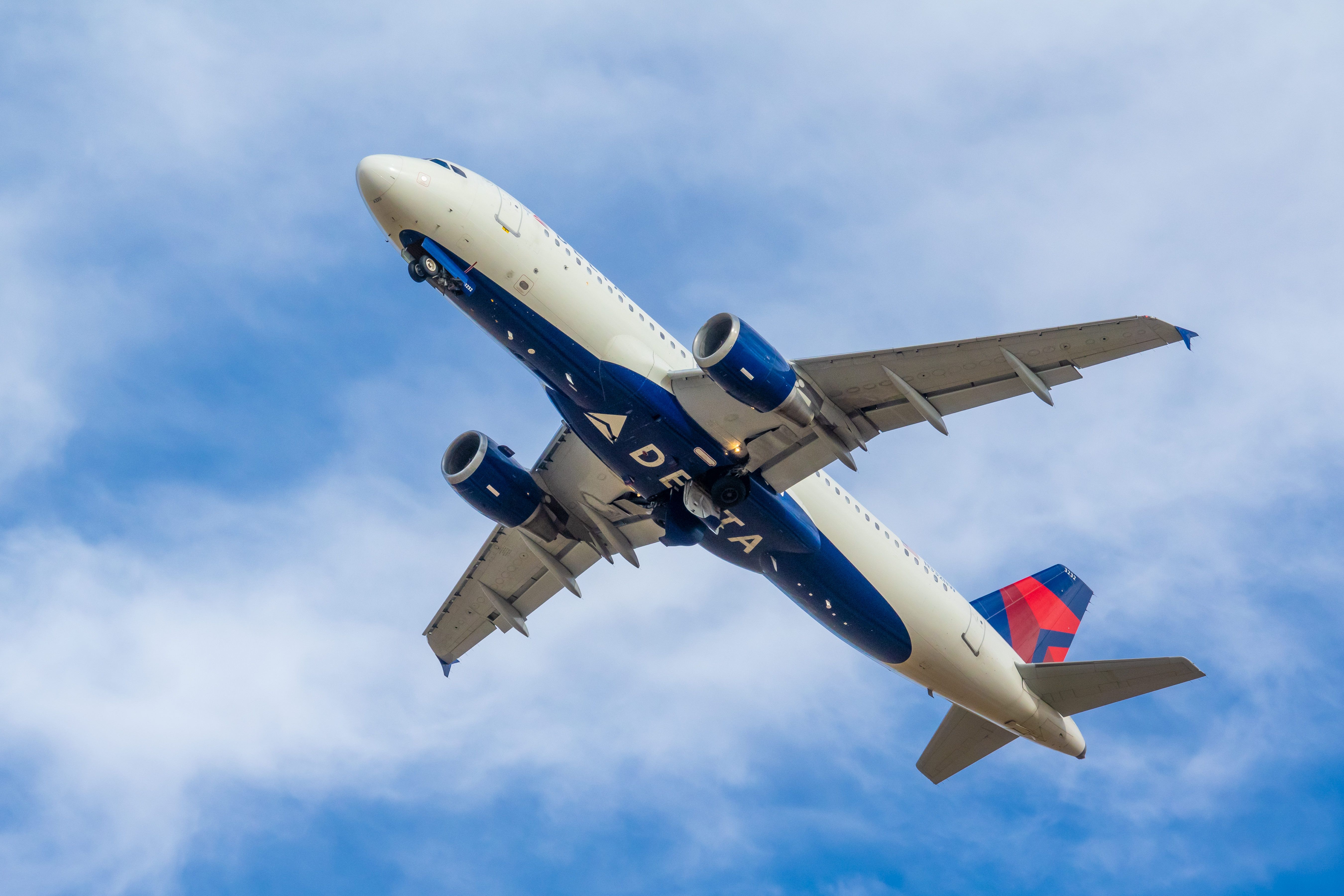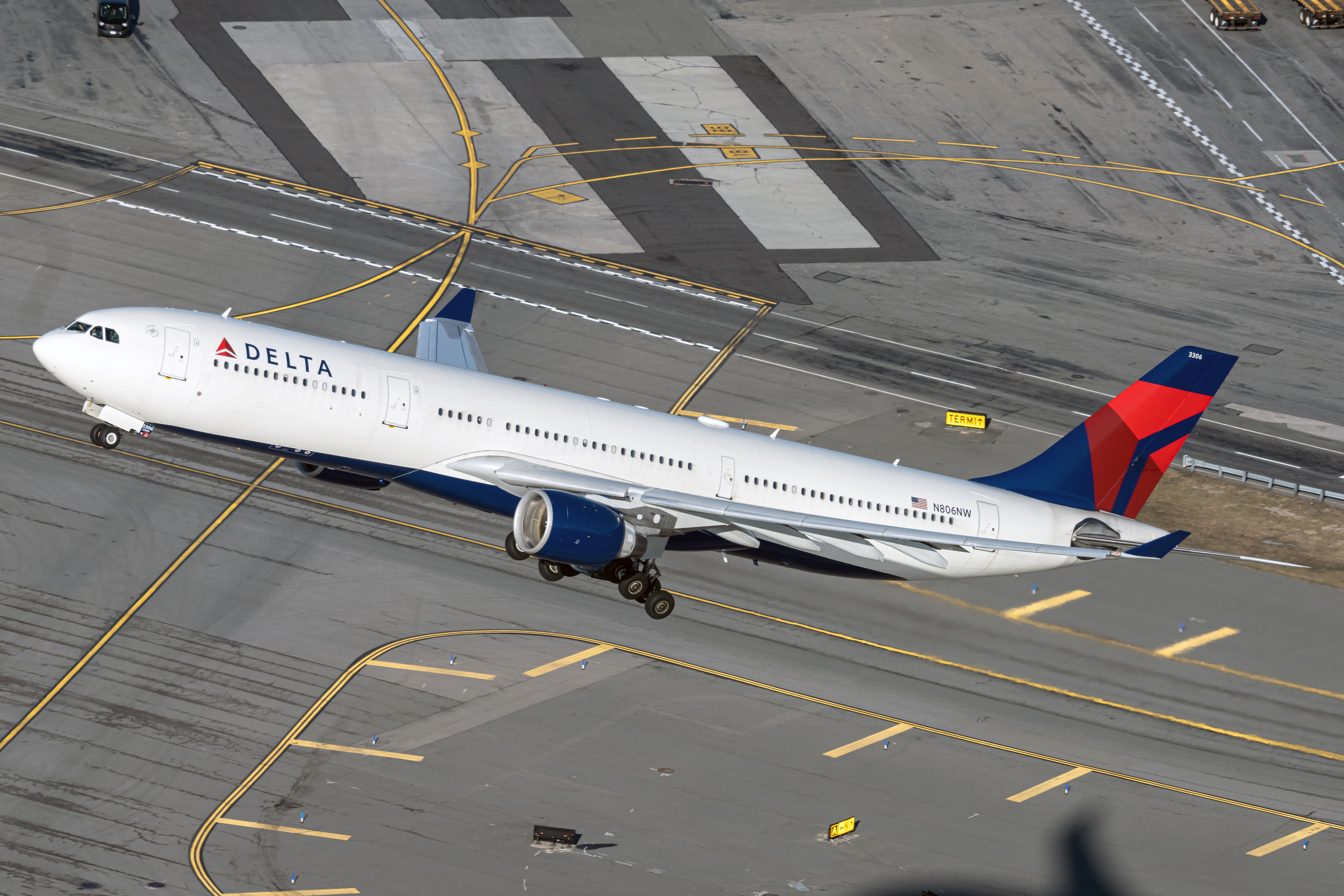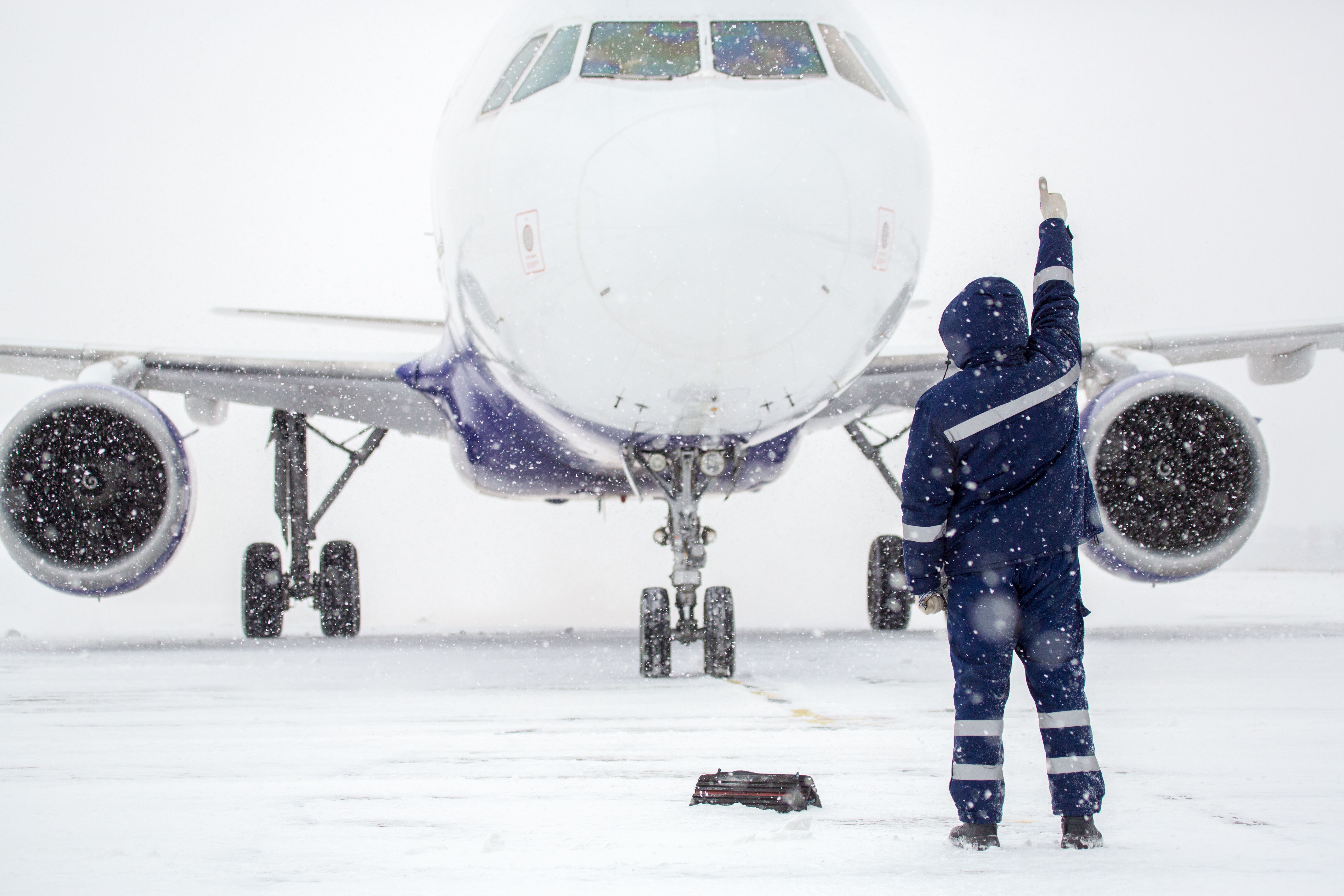Flight attendants at Delta Air Lines are currently working to unionize. The move comes as staff complain of unsatisfactory working conditions, stagnant wages, and poor treatment during the COVID-19 pandemic. The idea of unionization is growing exponentially within the airline as ramp workers and mechanics are also looking to unionize.
Start of a union
Delta flight attendants are working with the Association of Flight Attendants to unionize. Advocates for unionization have shared that life has been more challenging for flight attendants since the pandemic, as wages have stagnated and working conditions have deteriorated. These advocates claim that flight attendants were on the front lines during the pandemic without adequate compensation. They also argue that turn times between trips have become shorter, putting more strain on crew.
Delta Air Lines pilots recently secured a deal through their union that would guarantee a 34% pay raise. Flight attendants argue that they also deserve such a raise and are not paid what they are worth. The employees advocating for unionization are currently collecting union authorization cards. If the advocating party can obtain majority support, the flight attendants will likely unionize in the near future, as the push to unionize gathers momentum.
Get the latest aviation news straight to your inbox: Sign up for our newsletters today.
Separate unions
Delta's aircraft mechanics are looking to join Teamsters, and ramp agents are organizing with the International Association of Machinists and Aerospace Workers (IAM). Airlines around the US have been adversely affected by staff shortages throughout the past year. This has led mechanics and ramp agents to push for better wages and benefits. Ramp agents at Delta report that wages have stayed the same while the airline has reached record revenue.
These ramp agents claim that due to the short-staffing, management has created a culture of fear among its ground crews. Workers are reported to have recieved unfair disciplinary write-ups, reduced paid time-off, larger workloads, and reduced schedules. One Delta ramp agent shared,
"We need defined work rules. We don't have that. We need an attendance policy. We don't have that. We need a fair playing field for everybody. We don't have that. And the culture of fear. We need protections. We have no protections. If they want you gone, they can get you gone.
"They're removing more and more full-time lines. Many of these lines aren't 40-hour-a-week lines, they're 32-hour-a-week lines, so it's not a full-time job. You have a high-seniority person, they've given their life, their bodies to this company, they've paid their dues. And in order to hold weekends on a good shift, they have to take a 32-hour line, which is a pay cut."
Delta's defense
Delta has historically opposed worker's unions. When compared to other major US airlines, Delta has the smallest percentage of unionized workers, with only 20% of its 80,000 employees being a part of a union. The airline argues that it is always looking to improve its workers' lives, claiming that it is far faster and more effective at dealing with arising issues than any union. It says that introducing a third party would only complicate things as its employees and operations greatly benefit from the direct connection between workers and management. A representative for the airline stated,
"Delta's direct relationship is a stronger, faster, and more effective way to drive improvements than representation from these unions would be. Our people benefit from their direct relationship by driving changes at Delta each and every day."
What do you think of this push to unionize? Let us know in the comments below.
Source: Association of Flight Attendants



